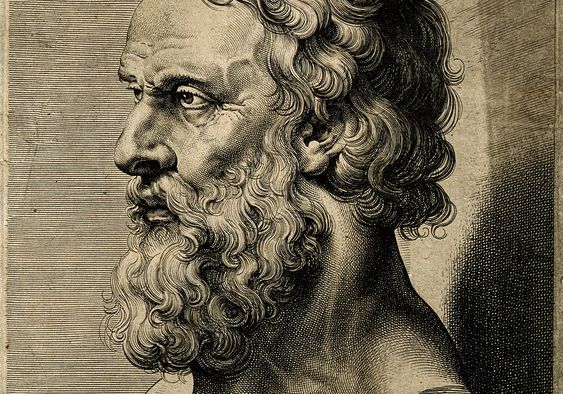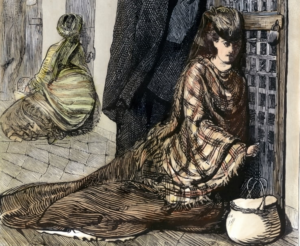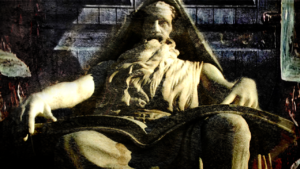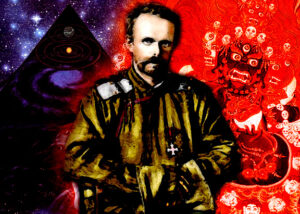The Platonic monarch

Brendan Heard and Iásonas Lupus

There is a type of leadership that we might consider ideal. A type of system that is idealistic in the corporeal sense – that is: heroic, traditional, and rational. Unhindered by sweet lies or emotional falsehoods, this idealized hierarchy is Platonic, and its ideal ruler is a Platonic Monarch. For our time and for all time.
This divine monarch is bound only by the constraints of virtue, He is humble and reticent, the opposite of a ‘politician’, he does not a make a show of presumption, or a crass spectacle of the appearance of competence, for he is plagued always by doubt. Not in a cowardly or reticent way, but as a purposeful subjective consideration, and slow balancing of reason, by full extent of his wisdom, which he understands as limited measurement of his own metric of honesty, honour, and curiosity. He is not slavishly shackled to subjectivity, but forever in a humble rationality before objective self-purpose. Therefore he presents as humble, in the process of consideration of law, yet his power and finality of decision are unquestionable, and great journeys and paths are set in stone and navigated based on his determinations.

He is honest, he does not pretend, there is no political posturing, no falseness, no opinion polls, no fake smiles or mugging perpetual false confidence. He understands the dangers of spoiled tyranny, over-luxury, mercantile values, and mob rule. He does not by necessity want to be the monarch, he understands the results of making mistakes at the top of the hierarchy.
Only such a ruler could assimilate varying beliefs and traditions into his natural dominion, as he studies constantly the foundational and underlying universal truths of the divine order in the cosmos. Yet he unites only by the most vital truths regarding the hidden world, maintaining the necessary sacrality of life in his kingdom, regardless of the variances of mythical representations, providing none of the cults deny the Platonic order. And this he is happy to do, as he is both the priestly philosopher and military defender of the kingdom, mandated by the heavens, and the One, which is all-surmised. And as nature follows a hierarchy of fractals ever farther from the whole, he keeps natural dominion of a stratified class of Platonic priests, warriors, artisans, peasants.
There are those who reject Plato, for trying to rationalize him from a postmodern view, with a Nietzschean criticism, without Nietzsche’s passionate discernment. They take the republic as a verbatim account of pseudo-communistic structure, and Plato as another Hegel. Yet it is Plato who laid out the method for testing the world, Aristotle being his pupil, and Plotinus his esoteric translator. It is impossible to understand Plato from this modern post-Christian perspective, as he was a mystic, and the culmination of the account of Er is not a quaint afterthought, as modern-preface-writers might infer. Nor is the Republic a literal guide to city-statemanship, unrelated to an account of the individual or conduct of his soul.
“Until philosophers are kings, or the kings and princes of this world have the spirit and power of philosophy, and political greatness and wisdom meet in one, and those commoner natures who pursue either to the exclusion of the other are compelled to stand aside, cities will never have rest from their evils.”
– Plato











